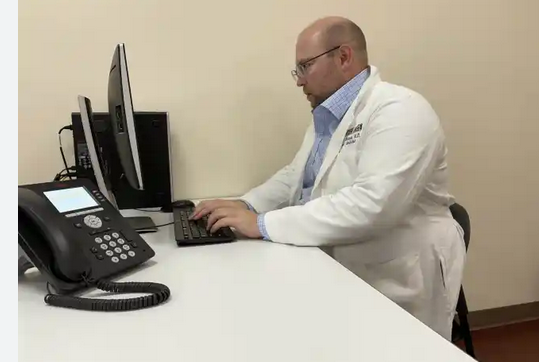
Healthcare Technologies Changing the Face of Medicine-Dr. Philip Sobash
Life-saving medical technologies, such as CT scanners and defibrillators, have been around for decades, but now there are many emerging healthcare technologies that are helping to revolutionize the way Dr. Philip Sobash medicine is practiced and benefiting patients in the process.
Wearable Technology
Wearable technology has been around for a while now, but it’s only recently that it has become the go-to method for tracking health.
Wearables let you track your activity levels and sleep patterns without feeling like you’re wearing an extra device on your wrist or around your neck. They also make it easy to take measurements of things like blood pressure and heart rate at home no doctor visit required.
Wearable devices can also be used in hospitals and nursing homes as a tool for doctors and nurses who want another way to monitor patients’ vitals without having to ask them over and over again.
For example, nurses often have trouble getting elderly people out of bed because they don’t feel well enough yet; however, with smart beds equipped with sensors that measure weight distribution throughout each night, these nurses will know exactly when it’s safe for their patients get up without risking injury due lack of restorative sleep.
Artificial Intelligence And Machine Learning
They are making healthcare more efficient by helping doctors like myself Dr. Philip Sobash diagnose patients, prescribe medications, and find the best treatment options for patients.
Artificial Intelligence is used to predict patient outcomes based on past data or to recommend a course of treatment based on current information about the patient’s condition.
Machine learning involves using algorithms that learn from historical data sets to make predictions about future events or trends in healthcare for example, using machine learning to identify an existing pattern that can then be applied across other similar cases in order for physicians to make better decisions about diagnosis or treatment options.
Big Data Analytics
Big data is a buzzword that refers to the use of large amounts of digital information, and it is a subset of big data and refers to the process of analyzing large amounts of data in order to uncover hidden Dr. Philip Sobash patterns, and other useful information.
Big data analytics has been used in healthcare for some time now for example, it’s been used by medical researchers attempting to identify genetic markers for diseases such as Alzheimer’s or cancer.